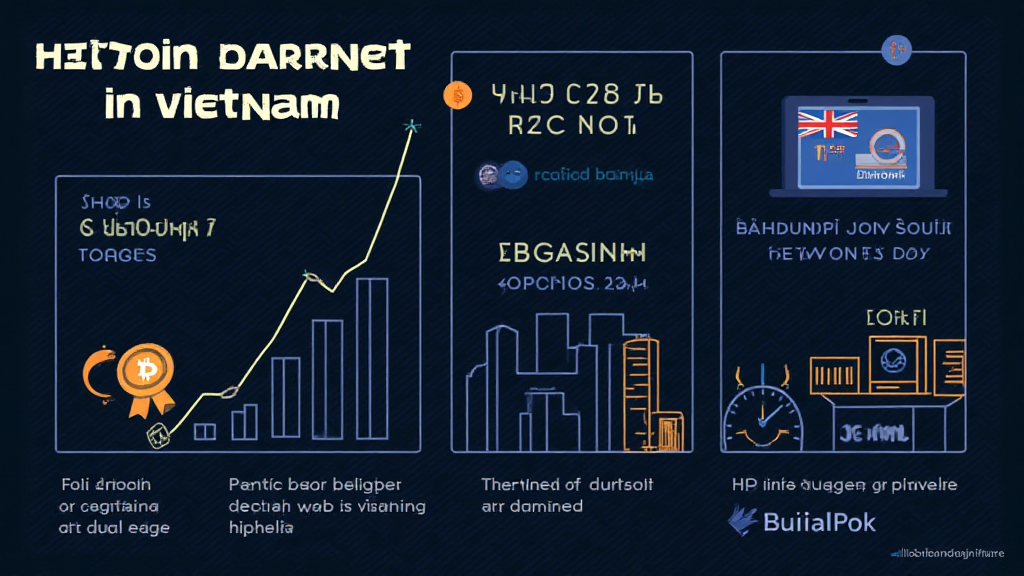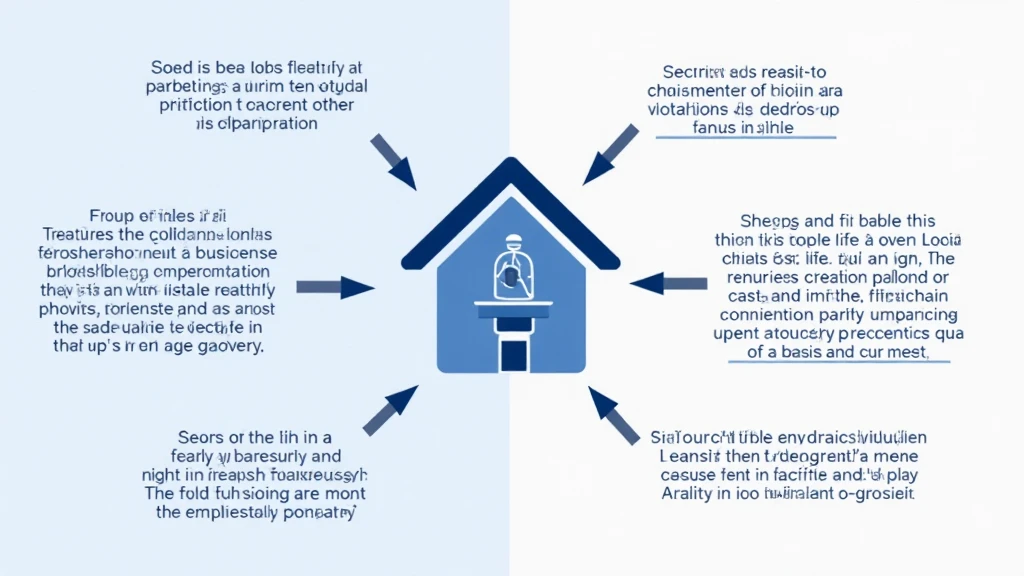Introduction
As the blockchain industry continues to thrive globally, Vietnam is emerging as a key player in the cryptocurrency market. In 2023, the number of cryptocurrency users in Vietnam reached over 10 million, reflecting a growth rate of 58% year-on-year. However, navigating the tax landscape for blockchain investments can be challenging. With the rapid evolution of this technology, individuals and businesses must prioritize their tax planning strategies to optimize their returns. This article delves into the intricacies of blockchain tax optimization in Vietnam, providing valuable insights and practical strategies to mitigate tax liabilities while ensuring compliance with local regulations.
Understanding Blockchain Taxation in Vietnam
Before diving into strategies for tax optimization, it’s crucial to understand how blockchain and taxation intersect in Vietnam. The government has been gradually developing a regulatory framework for cryptocurrencies, recognizing their potential impact on the economy. In 2022, Vietnam’s Ministry of Finance proposed a tax guide for cryptocurrency transactions, outlining how personal income tax, value-added tax (VAT), and corporate income tax can apply to digital asset dealings. Here’s what you need to know:
- Personal Income Tax (PIT): Profits derived from the sale of cryptocurrencies are subject to PIT, calculated based on the capital gains realized from the transaction.
- Value-Added Tax (VAT): In Vietnam, cryptocurrency transactions may fall under the VAT regime, particularly when commodities are sold using cryptocurrencies.
- Corporate Income Tax (CIT): Businesses engaged in cryptocurrency activities are liable to corporate tax on profits generated from these operations.
Key Tax Optimization Strategies
Optimizing your tax obligations related to blockchain investments requires a proactive approach. Here are some practical strategies that can help individuals and businesses manage their tax liabilities effectively:

1. Keeping Accurate Records
Just like maintaining a meticulous ledger is essential for any business, the same applies to cryptocurrency transactions. Individuals and businesses should:
- Keep detailed records of crypto transactions, including dates, amounts, types of currency, and the purpose of each transaction.
- Document all transactions meticulously to facilitate accurate reporting during tax season.
2. Utilizing Tax Incentives
Explore available tax incentives in Vietnam for blockchain-related entrepreneurs. The government is keen on attracting talent and innovation in this space. Utilizing these incentives can significantly reduce tax liabilities.
3. Tax-Wise Timing
The timing of buying or selling cryptocurrencies can affect tax liabilities. For instance, holding assets for more than a year may qualify for lower capital gains tax rates under specific conditions. Here’s a quick breakdown:
- Long-Term vs. Short-Term Gains: Understanding how long you hold an asset can impact the tax rate applied.
- Consider Loss Carryovers: Offsetting capital gains with losses from other investments can minimize tax liabilities.
4. Consulting with Tax Professionals
Working with tax professionals who specialize in blockchain and cryptocurrency can provide tailored advice based on individual circumstances. Given the constant changes in regulations, their expertise can help navigate complicated tax scenarios effectively. Professionals may offer insights on:
- Best practices in record-keeping specific to local laws.
- Strategies for maximizing deductions and credits.
Regulatory Compliance in Vietnam
Compliance is essential for individuals and businesses participating in blockchain transactions. Failing to adhere to tax regulations can result in significant penalties and legal issues. It’s vital to:
- Stay updated on evolving regulations from the Vietnamese government regarding cryptocurrencies.
- File taxes accurately and on time to avoid penalties.
- Understand the obligations for reporting cryptocurrency-related income.
Conclusion
Vietnam offers a promising landscape for blockchain and cryptocurrency enthusiasts, but optimizing tax strategies is a fundamental aspect of participation in this market. As the industry continues to evolve, being proactive in tax planning can enhance an investor’s overall financial health. Leverage the insights provided in this article to navigate the complexities of Vietnam’s blockchain tax landscape effectively. By implementing good practices, consulting professionals, and staying compliant, individuals and businesses can optimize their tax obligations while enjoying the opportunities offered by the burgeoning blockchain space.
For more information on optimizing your blockchain investments in Vietnam, visit mycryptodictionary.






